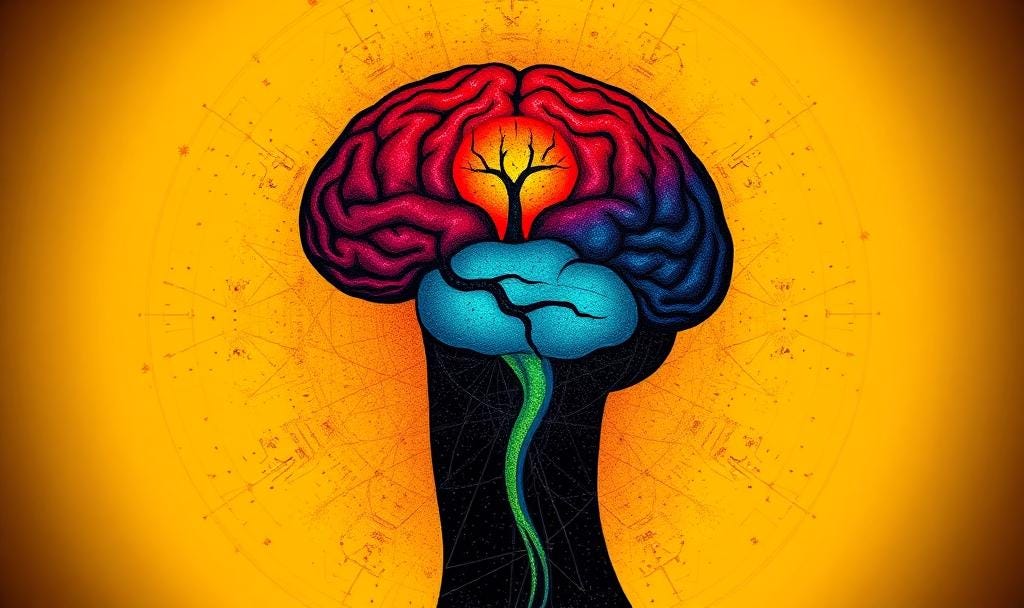
The ego is that voice in your head that says, “This is me.”
In Western psychology, the concept of the ego was deeply explored by Sigmund Freud, an Austrian neurologist and the founder of psychoanalysis. He believed the mind is made up of three parts: the id (your instincts and desires), the superego (your sense of morality and ideals), and the ego (your rational self that balances the two).
According to Freud, the ego is the part of the psyche that operates on the reality principle. It helps you satisfy your needs and desires in a realistic, socially acceptable way. In other words, it keeps you functioning in the world, even while you juggle impulses, values, and external pressures.
Over time, psychologists and thinkers expanded on Freud’s model. Today, the ego is also understood as your self-image, identity, or narrative self—the part of you that tries to stay consistent, in control, and well-regarded.
But as useful as the ego can be, it can also cause a lot of stress.
Can the Ego Cause You Stress?
Yes, it can. The ego is tied to your sense of identity, which makes it sensitive to anything that feels like a threat. When you feel judged, ignored, or rejected, the ego may interpret that as an attack on your worth.
It can also become attached to control, perfection, or praise. When life doesn’t go as expected, or when others don’t respond the way you hoped, the ego reacts. You might feel defensive, anxious, or even ashamed.
The ego isn’t bad. It’s just protective. It tries to maintain your sense of self in a complex world. But when it becomes rigid or overactive, it creates friction, resistance, and unnecessary suffering.
Learning to recognize and relate to the ego, instead of being ruled by it, can bring a lot more peace.
How to Let Go of the Ego (Without Losing Yourself)
Letting go of ego doesn’t mean letting go of who you are. It means loosening your grip on the version of you that always needs to be right, admired, or in control. Here are a few ways to start:
Notice it
That sting of being wrong or unseen? That might be your ego. Just recognizing it gives you a choice in how to respond.Practice mindfulness
When you slow down and observe your thoughts, you create space between the ego and your actions. Meditation, breathing exercises, or journaling can help.Shift into empathy
When you focus on truly seeing others instead of trying to prove yourself, the ego naturally quiets down.Let go of control
The ego likes to manage everything. Try allowing things to unfold without needing to shape every outcome.Stay humble and curious
Growth begins where ego ends. There’s freedom in saying, “I don’t know yet, but I’m willing to learn.”
Before You Go
Take a moment to ask yourself:
Where has my ego been showing up lately?
What would it look like to soften instead of react?
Final Thought
The ego is not your enemy. It’s part of how you navigate the world. But it’s also not the full truth of who you are.
The more you can witness it, instead of becoming it, the more freedom you find.





